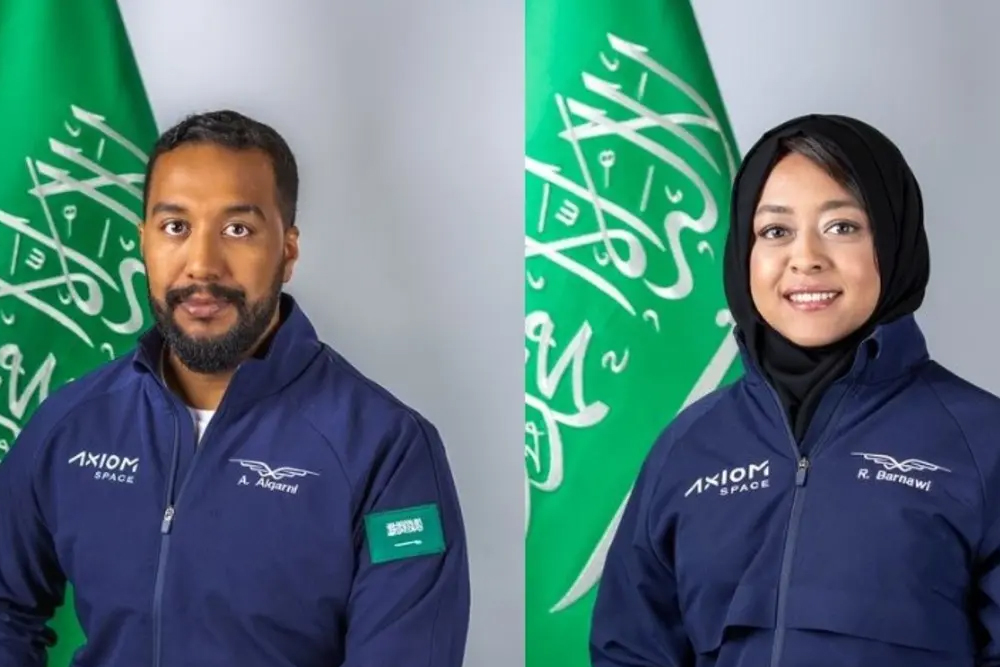
With all of the achievements coming out of Saudi Arabia, space exploration is on top of our list. The Kingdom has been developing its own space agency and creating teams to send astronauts into space. Recently it has been announced that Rayyanah Barnawi and Ali Alqarni will be boarding a mission of 10 days to the International Space Station (ISS), from Florida's Kennedy Space Center in May 2023. During that time, they will be part of 14 leading-edge experiments.
If the name sounds familiar, Rayyanah Barnawi is the first Saudi woman to be become an astronaut and venture into space.

Dr. Ashraf Farahat will be leading this experiment that is centered around new conditions for humanity to be able to live in space. Yes! Space colonies on the Moon and Mars. The objective is not only that, but also to increas rainfall in various dry regions in the world.
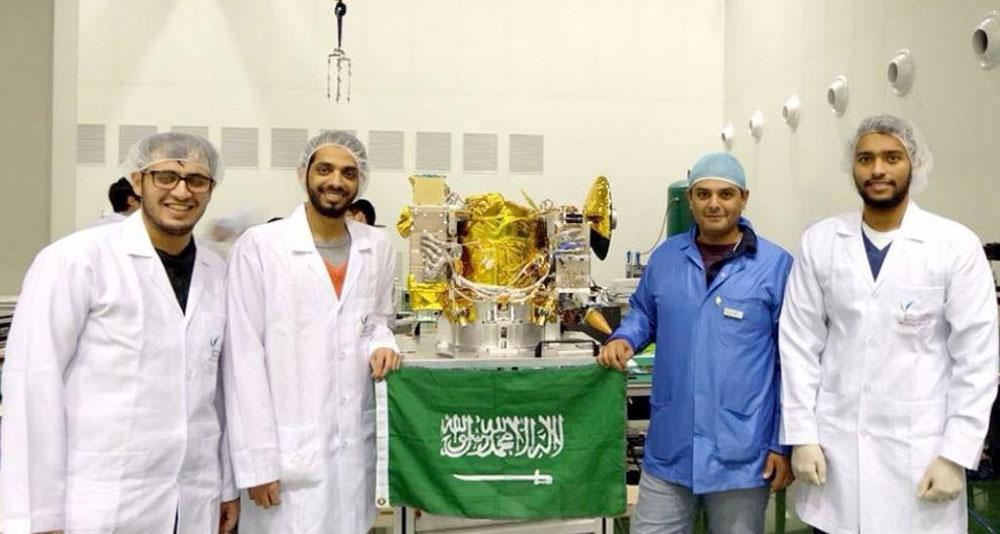
Other than that, 6 other experiments will concentrate on human health, and its context in space.
From Saudi’s very own Nebula Research and Development, Dr. Bader Shirah will be leading on this. The mechanism of the experiment is that they will measure blood flow to the brain, the brain's electrical activity, assess intracranial pressure, and monitor changes in the optic nerve during spaceflight.
While this all might sound like jargon to some of us, the results of these groundbreaking experiments will be stepping stones to better safety measures for future space missions.
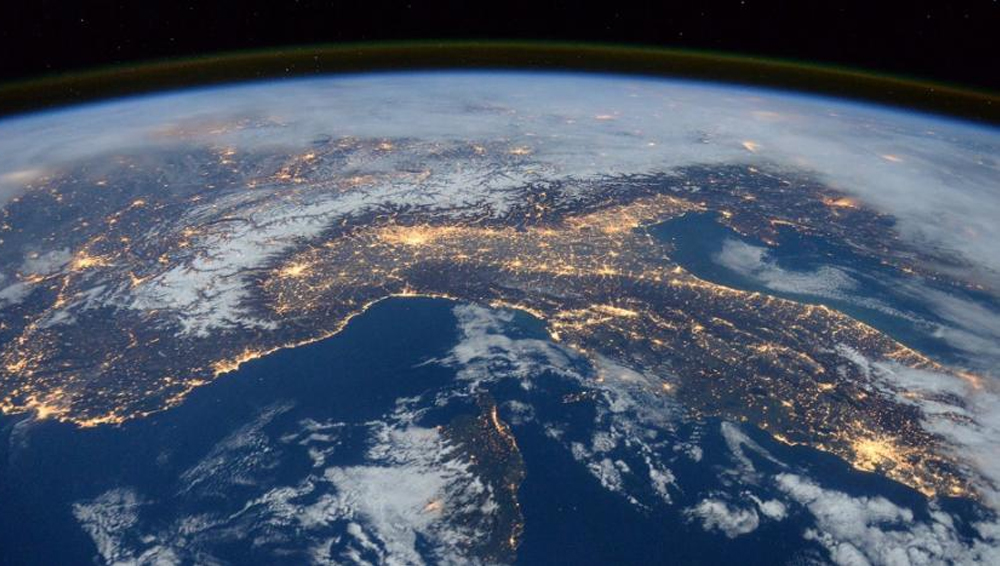
The Ministry of Education, Mawhiba, Riyadh Schools, and Misk Schools have also collaborated to allow school and university students to participate in experiments aboard the ISS in real-time.
Saudi Arabia's and the UAE's investment in Elon Musk's SpaceX is further evidence of the Middle East's burgeoning interest in space exploration. This multi-billion-dollar funding round is expected to value the company at approximately $140 billion.
While these 14 experiments may be the first upcoming achievements in space, Saudi Arabia has long been dabbling in the industry and achieving notable feats with astronauts:
In 1985, KSA Sends Its First Saudi Astronaut
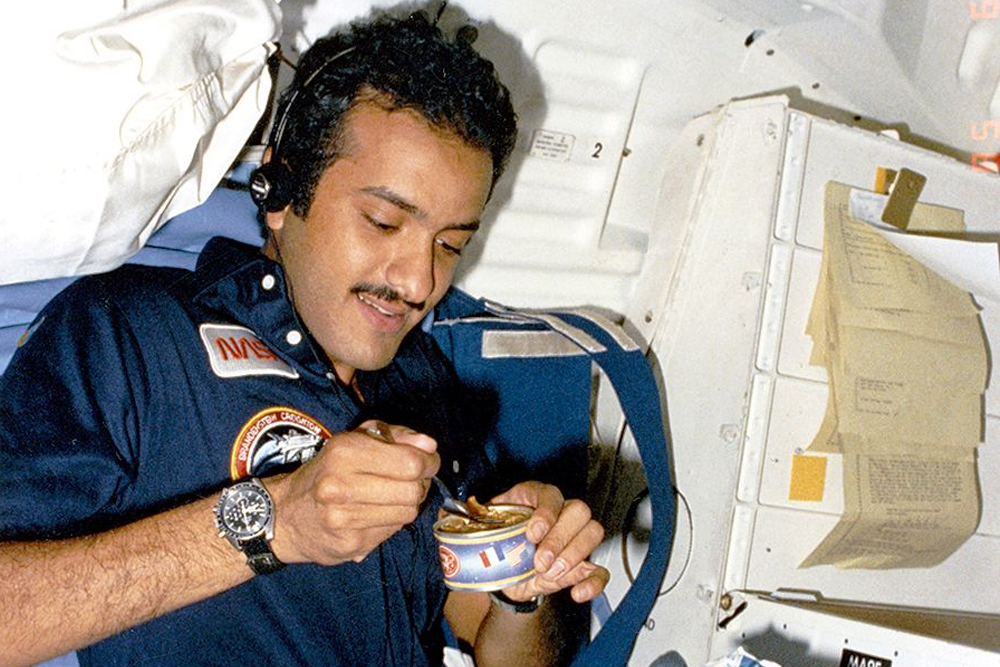
Prince Sultan bin Salman had his first mission into space that year to the International Space Station (ISS) on a board a Russian Soyuz spacecraft. History was made that year as he not only become the first Saudi to do so, but the first Arab astronaut to go to space.
In 2018, KSA Established Saudi Space Agency
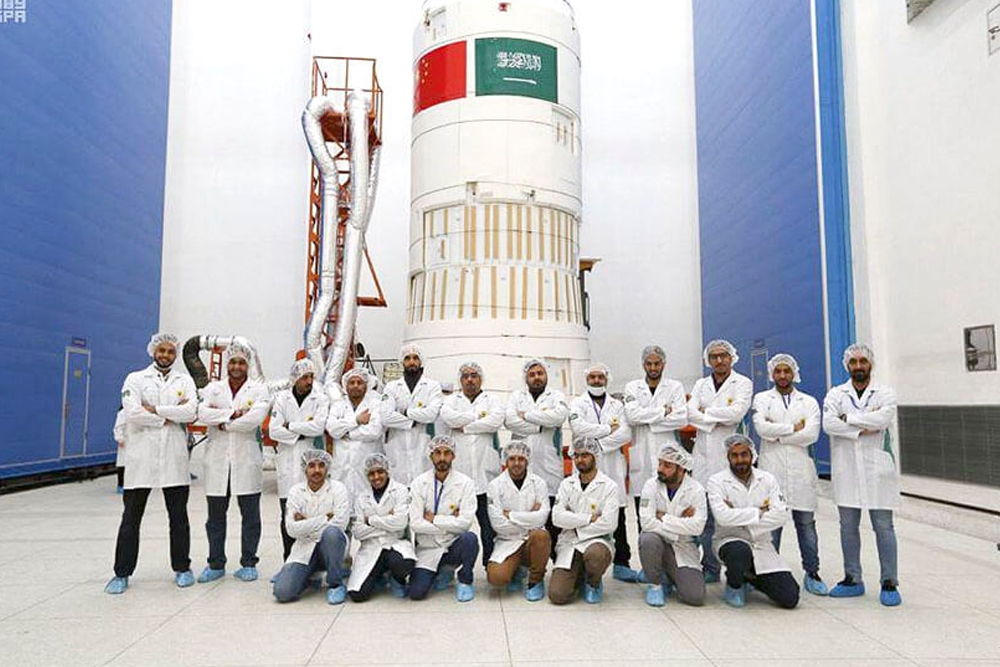
In December, the kingdom founded its first own space agency, the Saudi Space Commission (SSC). The SSC’s activities revolve around overseeing KSA’s space program, creating and innovating with space technologies, and partnering up with other countries on space exploration.
Behold, Space City in Saudi Arabia

In 2019, Saudi Arabia announced plans to build a "space city" in the country's northwest region. The city, which is expected to cost $500 billion, will be home to research centers, manufacturing facilities, and a commercial spaceport.
Global Partnerships
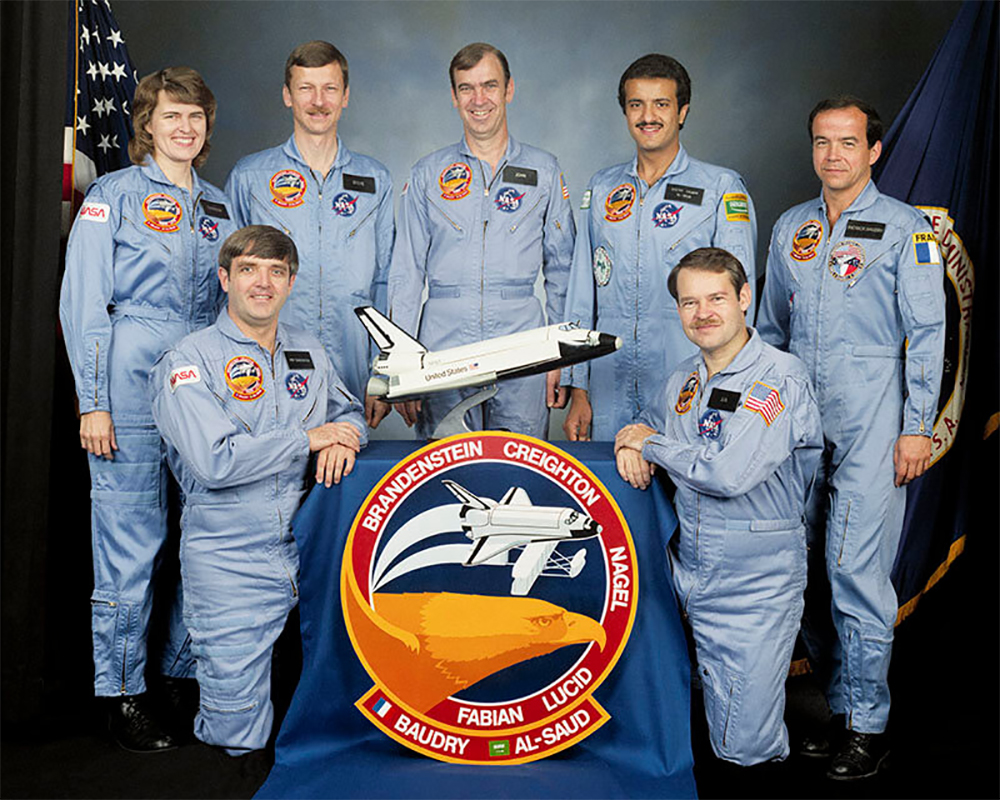
The Kingdom has been set out to partner with other countries on space exploration. In 2020, Saudi Arabia signed an agreement with the United States to collaborate on and in 2021, the country signed a memorandum of understanding with China to agree on the peaceful use of outer space.
In 2020, SaudiSat 5A and 5B Were Launched
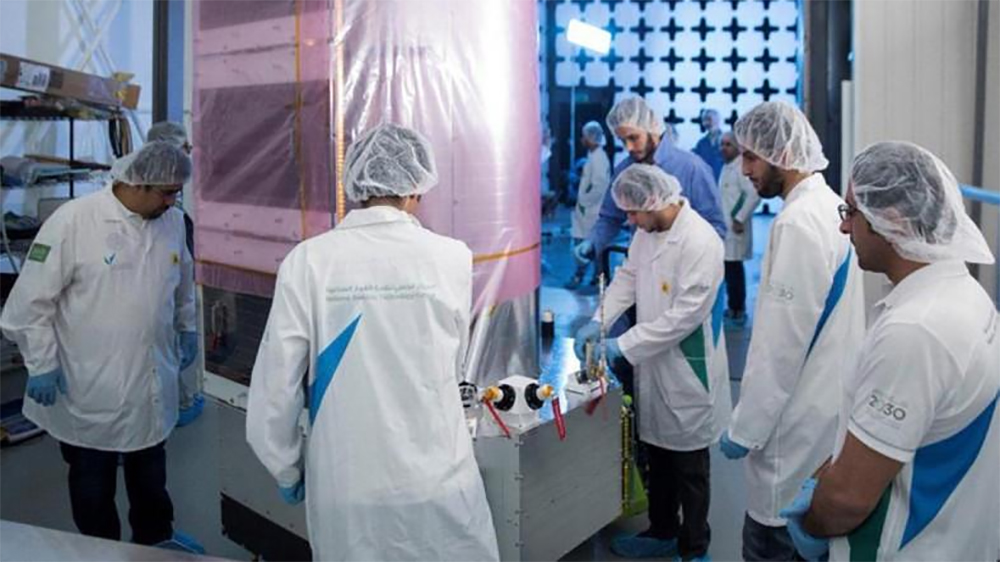
In November, the kingdom effectively launched two satellites orbit. The coolest part? The satellites were fully built by Saudi scientists, and are put to use for remote sensing and Earth observation. Saudi Arabia's triumphs in space and with astronauts depict the country's obligation and drive to developing and advancing its technological capabilities when it comes to space.
The Kingdom takes the sentence “The sky’s the limit” to its literal meaning with its many accomplishments having been portrayed greatly throughout the years. From sending the first Arab astronaut into space, to the first female astronaut creating 14 experiments that might change the future of humankind. This is the type of innovation we look forward to, this is the type of inspiration we look up to, and we hope that the sky is truly the limit when it comes to space discovery and mankind.

















